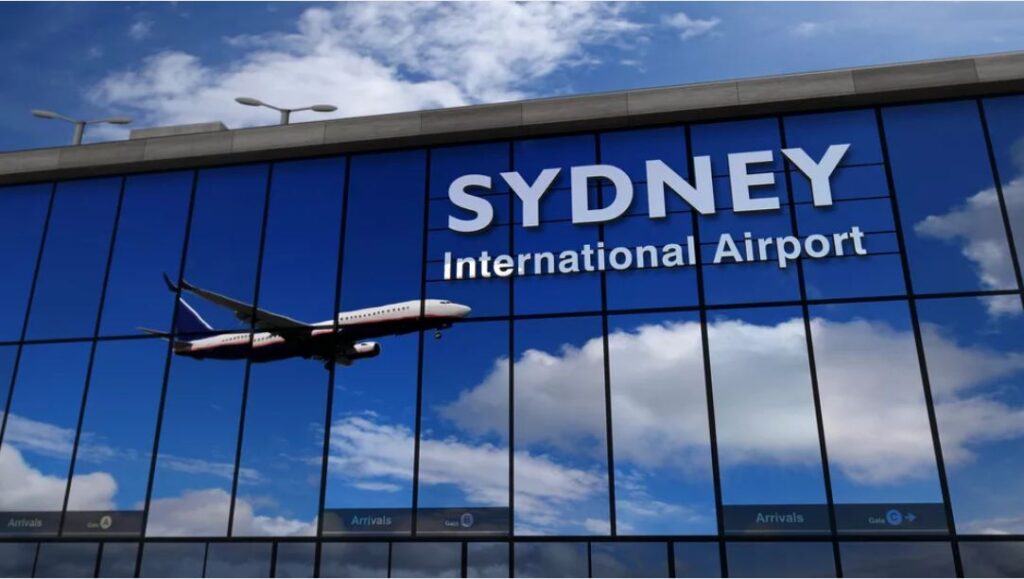Top 10 Reasons to Study in Australia – Education, Career, Health, Next Gen, Family Opportunities, Low Pollution and Clean Environment.
1. World-Class Education System:
Australia boasts globally renowned universities such as the University of Melbourne, ANU, GIS Sport Uni, TAFE and the University of Sydney. Its qualifications are internationally recognised, enhancing job prospects worldwide. With a broad range of programs—from vocational training to PhDs—students can pursue studies in engineering, business, health, IT, sports, and the arts through flexible learning pathways.
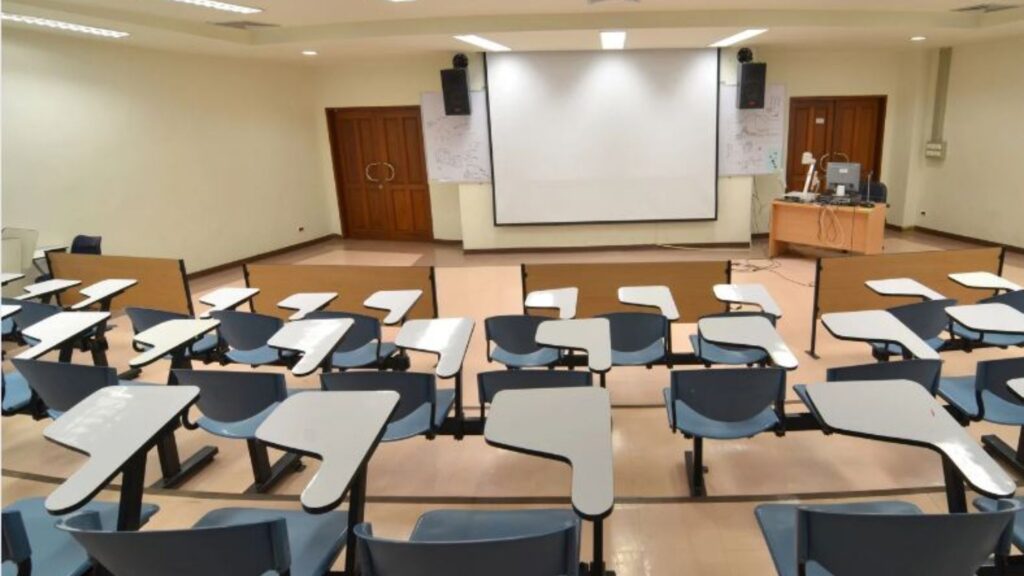

2. Excellence in Research and Innovation:
Australian institutions lead in global research, especially in medicine, environmental science, engineering, and sports science. The strong research infrastructure offers excellent opportunities for students interested in innovation and advanced studies.


3. Gateway to a Global Sports Career:
Australia’s strong sporting culture and state-of-the-art facilities make it an ideal place to pursue a sports-focused education. Programs in sports science, coaching, management, and physiotherapy offer hands-on industry experience. With multicultural campuses, post-study work rights, scholarships, and permanent residency pathways, students can launch successful careers in the global sports industry.


4. High Quality of Life and Scenic Environment:
Australia consistently ranks as one of the world’s most liveable countries, known for its healthcare, safety, infrastructure, and lifestyle. From breathtaking beaches to vibrant cities like Sydney, Brisbane, and Melbourne, students enjoy both academic excellence and a balanced lifestyle.


5. Culturally Diverse and Inclusive Society:
With students from over 190 countries, Australia offers a welcoming and multicultural environment that values diversity and inclusion. Cultural festivals, support services, and inclusive policies make it easy for international students to feel at home.


6. Work While You Study:
International students are allowed to work up to 48 hours per fortnight during academic sessions and full-time during breaks. This enables them to manage living costs while gaining local work experience.


7. Post-Study Work Rights:
Upon graduation, students may apply for a post-study work visa, giving them the chance to gain industry experience in Australia and explore potential long-term career options.


8. Pathway to Permanent Residency and Citizenship:
Many study programs are aligned with Australia's skilled migration list, providing graduates with a clear pathway to permanent residency. Over time, this can lead to Australian citizenship, offering long-term benefits for the student and their family.


9. Safe and Family-Friendly Migration Policies:
Australia is one of the safest countries in the world, offering family-inclusive visa options for international students. Dependents, such as spouses and children, can accompany students and enjoy access to quality education and healthcare, ensuring peace of mind and family support throughout the study journey.


10. Strong Job Market and Career Prospects:
With a thriving economy and skills shortage in sectors like IT, healthcare, construction, engineering, and sports, graduates are well-positioned to secure employment. Temporary Graduate Visas (subclass 485) provide valuable work experience and a bridge to permanent residency.


10 Fascinating Facts & Lifestyle Insights
1. More Kangaroos Than People:
Australia is home to over 40 million kangaroos—nearly twice the size of its human population! On bush trips, you can also spot a variety of fascinating animals including emus (similar to ostriches), peacocks, horses, camels, and the iconic koala. Interestingly, monkeys are not native to Australia.
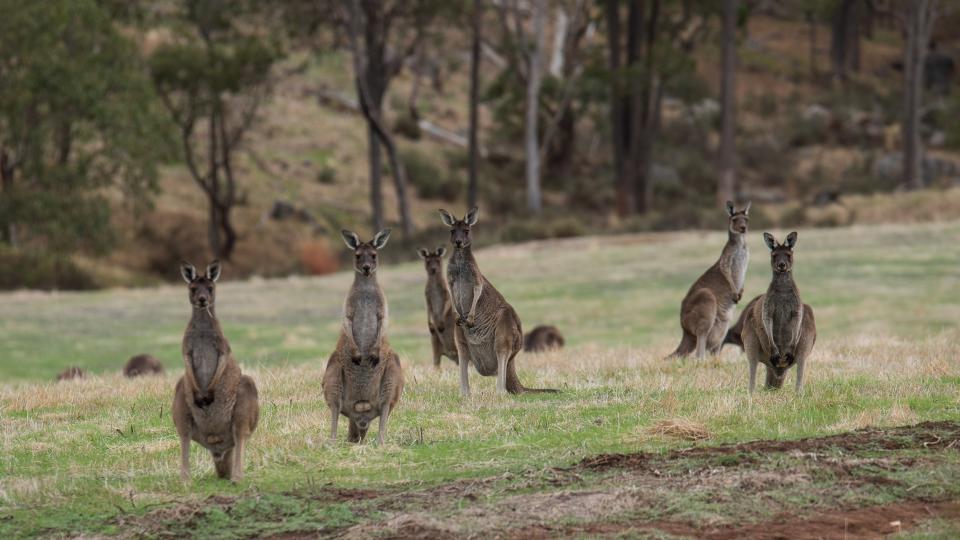
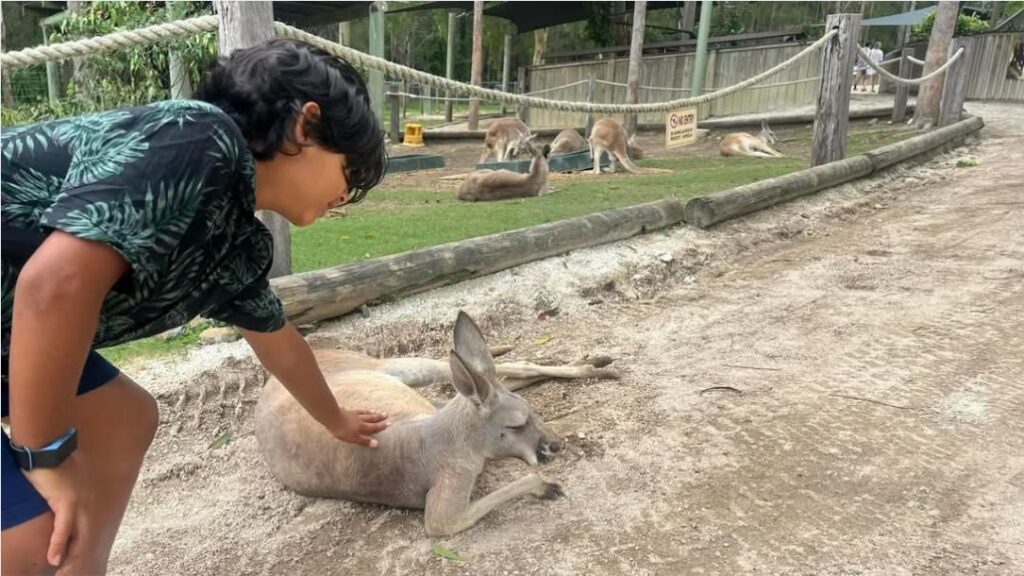
2. Unique Marine and Wildlife Encounters:
Australia boasts some of the world’s most diverse marine and wildlife. From the vibrant Great Barrier Reef teeming with tropical fish and coral to majestic whales, great white sharks, and playful dolphins—there’s no shortage of natural wonders. Little penguins, sea lions, dugongs, turtles, and even giant saltwater crocodiles add to the unforgettable wildlife experiences that attract tourists from all over the globe.


3. Christmas in the Summer Sun:
Being in the Southern Hemisphere, Australia experiences Christmas during the peak of summer. Instead of snow and fireplaces, Aussies celebrate with beach barbecues, outdoor festivities, and sunshine. Summer typically runs from November to February, with temperatures soaring up to 45°C depending on the region.


4. Job Conditions in Australia:
In Australia, a full-time job typically involves working up to 38 hours per week. Part-time roles involve fewer hours, and casual positions offer flexible schedules based on availability and employer needs. Full-time employees are entitled to 4–8 weeks of annual leave depending on the role, along with 2–4 weeks of personal leave. The minimum wage is approximately $24 per hour and is calculated on an hourly basis.


5. Driving on the Left Side:
Australians drive on the left side of the road, with vehicles designed as right-hand drive—meaning the steering wheel is on the right side. Visitors with a valid overseas driver's licence are usually permitted to drive for a limited period, but it's essential to obtain an Australian driver’s licence as soon as possible by following the official procedures.


6. Diverse Landscapes & Climate:
Australia boasts an incredibly varied landscape—from pristine beaches and vast deserts to lush tropical rainforests and snow-capped mountains. The country offers all kinds of climate zones, making it ideal for different types of adventures. Campervan holidays are especially popular, allowing travellers to explore and sleep in the same vehicle. Cruises are also a favourite option for leisure travel.

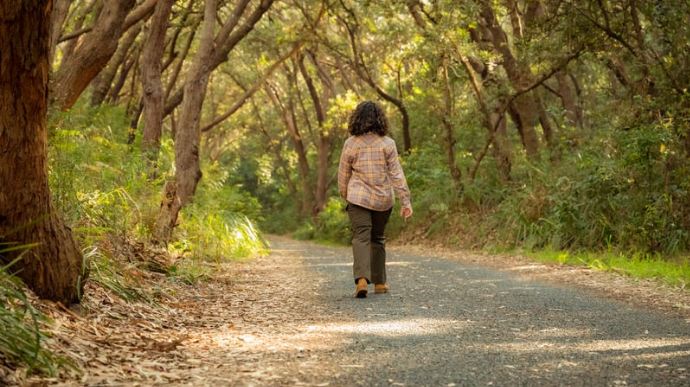
7. Multicultural Cuisine:
Australia is a food lover's paradise, offering a rich mix of global flavours. Whether it's Chinese, Indian, Mexican, American, or Middle Eastern, international cuisines are easily available across the country. Iconic Aussie dishes include steak, bacon and egg rolls, and traditional BBQ favourites.


8. Sports & Adventure:
Australia has a vibrant sports culture with world-class stadiums and facilities. Popular sports include AFL, soccer, cricket, netball, softball, and a wide range of water sports. From swimming at the beach or indoor pools to adventure sports like bungee jumping, paragliding, kayaking, and trekking—there’s something for everyone to enjoy.
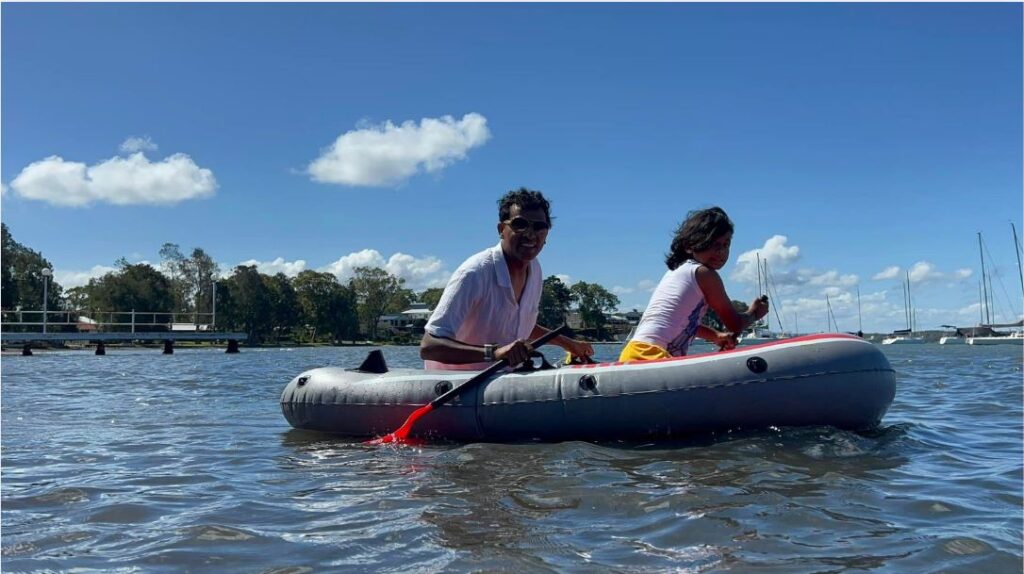

9. Job Opportunities:
In Australia, job availability is year-round and across various regions, depending on the visa conditions. Online platforms like SEEK, Gumtree, and Indeed are the most common ways to search and apply for jobs. Depending on your profession, you may find casual work in hospitality, retail, or seasonal jobs in agriculture and farming, particularly in regional areas.


10. Transport System:
Trains and buses are the primary modes of public transport for commuting within cities, and most require a prepaid travel card. For intercity travel, options include regional trains, domestic flights, or road trips—many Australians prefer driving between cities for flexibility and scenic views.
